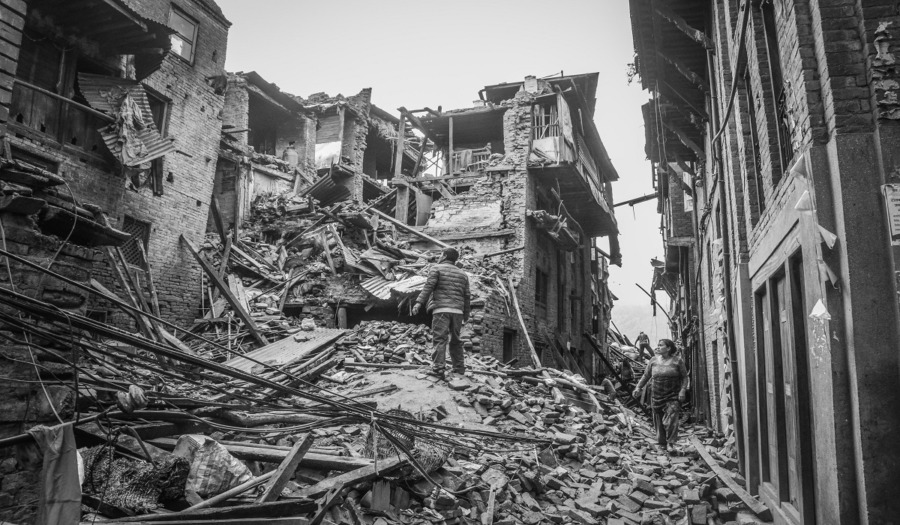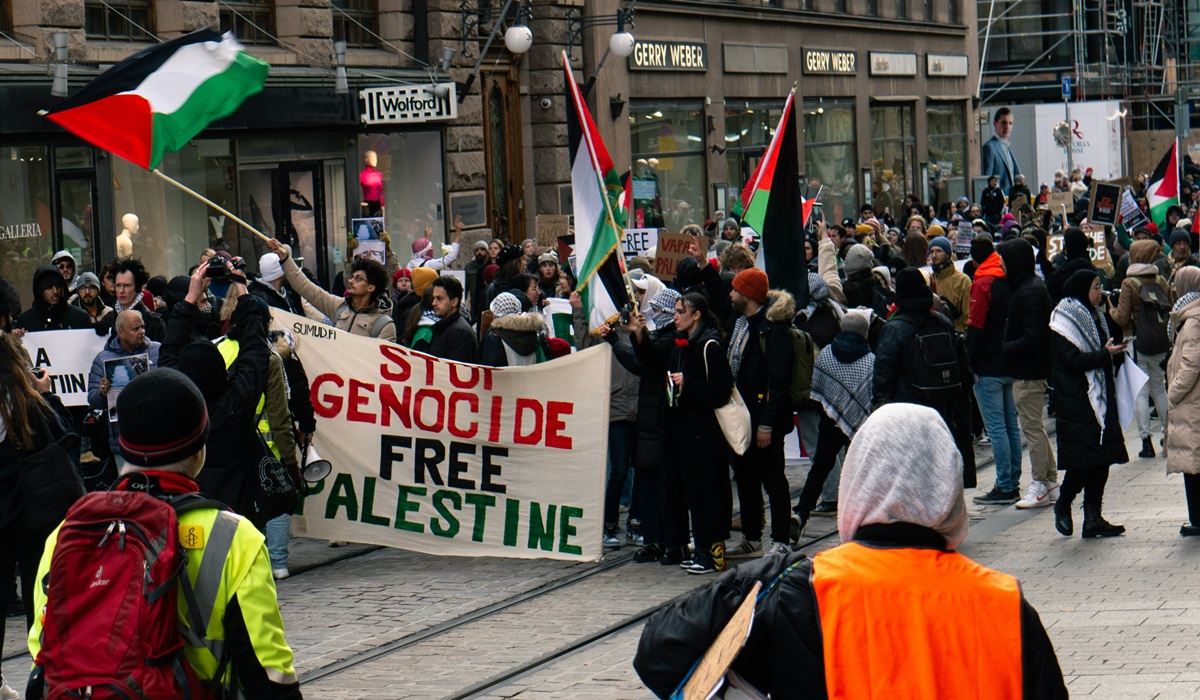The earthquake in Morocco has left a trail of devastation, with the death toll now surpassing a grim milestone of 2,500. The nation, already grappling with various challenges, finds itself amid a humanitarian crisis of staggering proportions. International aid is beginning to trickle in, but the suffering is far from over, and the situation on the ground remains bleak.
The earthquake on September 9, which struck with a magnitude of 7.2 on the Richter scale, sent shockwaves through the heart of Morocco, leaving entire communities in ruins. The initial tremors and subsequent aftershocks have not only claimed thousands of lives but have also displaced countless others, leaving them homeless and vulnerable.
Rescue operations are in full swing, with local authorities and international organizations working tirelessly to search for survivors buried under the rubble. The scenes of anguish and despair are heart-wrenching as families anxiously await news of their loved ones. The injured, too, are in dire need of medical attention, overwhelming local hospitals already stretched thin by the scale of the disaster.
One of the most pressing issues facing Morocco is the shortage of necessities. Food, clean water, and shelter are scarce resources, and the harsh reality is that many are going without. Families are huddled together in makeshift camps, enduring harsh weather conditions and limited access to sanitation facilities. The fear of disease outbreaks looms large, adding to the sense of desperation.
Debris has damaged or blocked roads, making it difficult for aid workers and supplies to reach the most affected areas. The situation is compounded by the fact that Morocco’s infrastructure was strained before the earthquake, leaving it ill-prepared to handle such a catastrophe.
Humanitarian organizations, governments, and individuals from around the world have come forward with offers of assistance. Relief efforts are focused on providing medical aid, food, clean water, and shelter to those in need. The goal is to alleviate the immediate suffering and help rebuild communities shattered by the earthquake.
However, despite the outpouring of support, challenges persist. The sheer scale of the disaster and the complexity of delivering aid to remote areas mean that many affected communities are still waiting for help. The lack of coordination and communication gaps between various aid organizations have slowed the relief process, leaving many feeling abandoned in their hour of need.
Moreover, the emotional toll of the earthquake cannot be underestimated. The trauma experienced by survivors is profound, with many grappling with the loss of family members, homes, and livelihoods. The psychological scars will linger long after the physical wounds have healed, and mental health support must be included as part of the relief efforts. The earthquake has caused widespread damage to roads, buildings, and essential services. The cost of reconstruction will be staggering, and it will take years, if not decades, for the nation to fully recover.
Morocco’s resilience is being tested as it navigates this unprecedented crisis. The government is working to mobilize resources and coordinate relief efforts, but the road ahead is arduous. As the days turn into weeks, the plight of Morocco’s earthquake survivors remains dire. The death toll continues to rise, and the suffering shows no signs of abating. It is a stark reminder of the vulnerability of communities in earthquake-prone regions and the urgent need for better disaster preparedness and resilience.









